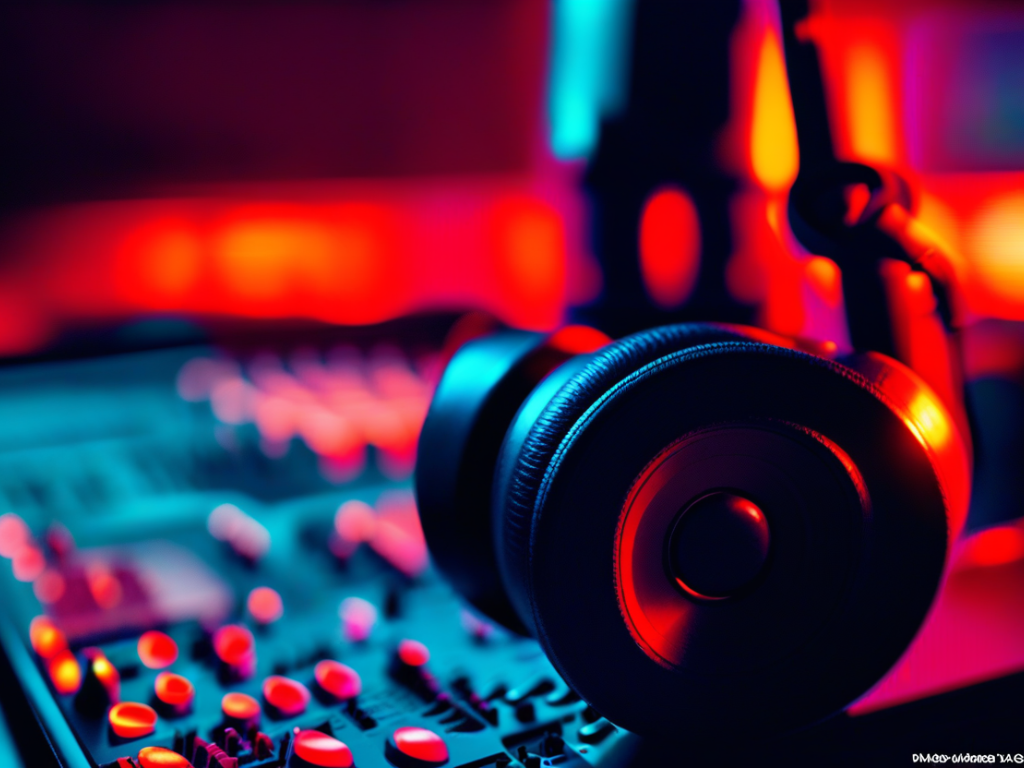In the world of audio, the quest for the perfect sound continues to drive innovation and debate among music enthusiasts. One such ongoing discussion revolves around the concept of lossless audio – a term that has gained traction in recent years as technology advances and audiophiles seek higher fidelity in their listening experience. But what exactly is lossless audio, and is it truly worth all the hype surrounding it? Let’s dive deep into this topic to uncover the truth behind lossless audio.
In this article you will find:
- Understanding Lossless Audio
- The Importance of High-Quality Audio
- Comparing Lossless vs. Lossy Audio
- Listening Experience with Lossless Audio
- Is Lossless Audio Worth It?
- Final Thoughts
Understanding Lossless Audio
Lossless audio refers to audio compression that preserves the original data without losing quality. Unlike lossy formats like MP3, which sacrifice some audio information to reduce file size, lossless audio formats such as FLAC (Free Lossless Audio Codec) or ALAC (Apple Lossless Audio Codec) retain all the original data from the recording studio. This means that when you play a lossless audio file, you are hearing the music as intended by the artist without any degradation in quality.
The Importance of High-Quality Audio
High-quality audio is essential for music lovers who want to experience the full range of sounds, nuances, and emotions present in their favorite tracks. While casual listeners may not notice a significant difference between lossless and compressed audio formats, audiophiles and music professionals often prefer lossless audio for its superior sound reproduction capabilities.

Comparing Lossless vs. Lossy Audio
To understand the impact of lossless audio, let’s compare it to a familiar format like MP3. While MP3 files are convenient due to their small size, they achieve this by discarding some audio data during compression. This loss of data can result in a decrease in sound quality, especially noticeable in intricate tracks with a wide dynamic range. In contrast, lossless audio files maintain all the original data, delivering a more accurate representation of the music.
Listening Experience with Lossless Audio
When listening to lossless audio on a high-quality sound system or headphones, the difference in sound quality becomes more apparent. Details that may have been lost in compressed formats are preserved in lossless audio, allowing listeners to hear subtle nuances, instrument separation, and spatial effects with greater clarity and depth.
Is Lossless Audio Worth It?
The question of whether lossless audio is worth the hype ultimately depends on individual preferences and the importance placed on audio quality. For those who value an immersive listening experience and prioritize fidelity in music reproduction, investing in lossless audio sources and equipment can significantly enhance their enjoyment of music. While the file sizes of lossless audio may be larger than compressed formats, the trade-off in sound quality is often considered worthwhile by audio purists.
Final Thoughts
As technology continues to advance and audio enthusiasts demand higher standards for sound quality, the appeal of lossless audio remains strong in the music industry. Whether you are a dedicated audiophile seeking the best possible listening experience or simply someone who appreciates the finer details in music, exploring the world of lossless audio can open up new dimensions in your musical journey. So, the next time you press play on your favorite track, consider the difference that lossless audio could make – it might just be the missing piece that elevates your listening experience to a whole new level.

